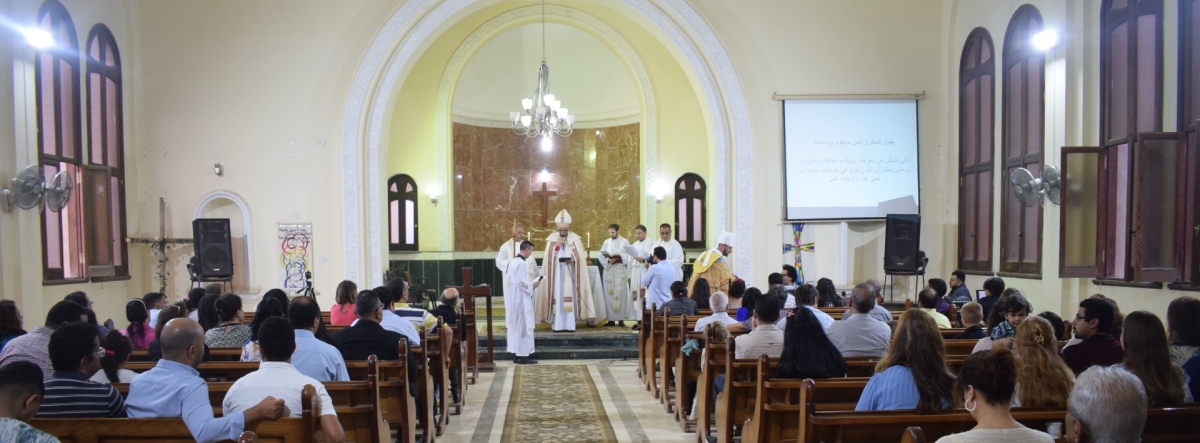 Challenges and Resilience
Challenges and Resilience
Introduction
Christianity's presence in the Middle East today is a complex tapestry woven with threads of history, culture, and faith. While the region remains a crucible of religious diversity, the story of Christianity in the Middle East is one of challenges, perseverance, and a testament to the indomitable spirit of believers. In this article, we explore the current landscape of Christianity in the Middle East, examining the hurdles it faces and the resilience it demonstrates.
Diverse and Complex Context
The Middle East is home to a diverse array of Christian communities, spanning various churches and traditions. From the ancient Coptic Orthodox Christians in Egypt to the Assyrian Christians in Iraq, and the Maronites in Lebanon, these communities carry with them centuries of heritage and an unwavering commitment to their faith. However, the Middle East's shifting political, social, and economic dynamics have posed significant challenges to these communities in recent times.
Persecution and Displacement
One of the most pressing challenges faced by Middle Eastern Christians today is the issue of persecution and displacement. Geopolitical conflicts, extremist ideologies, and religious tensions have led to the targeting of Christian communities in various parts of the region. The rise of groups like ISIS and their brutal treatment of religious minorities, including Christians, has caused mass displacement and loss of life. Despite these dire circumstances, Middle Eastern Christians continue to stand firm in their faith, often facing adversity with courage and resilience.
Cultural Preservation and Identity
In the face of adversity, Middle Eastern Christians have been steadfast in their efforts to preserve their cultural identity and heritage. Churches, monasteries, and historical sites stand as symbols of their enduring presence. Additionally, these communities have worked to keep their languages, traditions, and rituals alive, often serving as custodians of ancient languages like Aramaic, the language spoken by Jesus.
Interfaith Dialogue and Collaboration
Amidst challenges, Middle Eastern Christians have actively engaged in interfaith dialogue and collaboration, seeking to foster understanding and tolerance among different religious communities. These efforts have not only facilitated peaceful coexistence but also promoted mutual respect and cooperation in areas such as education, healthcare, and humanitarian relief.
Hope for the Future
While the challenges are undeniable, there is hope for the future of Christianity in the Middle East. Many organizations and individuals, both within and outside the region, are committed to supporting these communities. Initiatives that focus on economic development, education, and cultural preservation are striving to create a more secure and sustainable future for Middle Eastern Christians.
Conclusion
Christianity's presence in the Middle East today is a reflection of its enduring resilience in the face of challenges. Despite persecution, displacement, and cultural upheavals, Middle Eastern Christians continue to stand as a testament to the power of faith and the importance of preserving cultural heritage. As the region grapples with complex issues, the story of Christianity in the Middle East serves as an inspiration of hope, resilience, and the unbreakable bonds of faith that transcend time and adversity.
